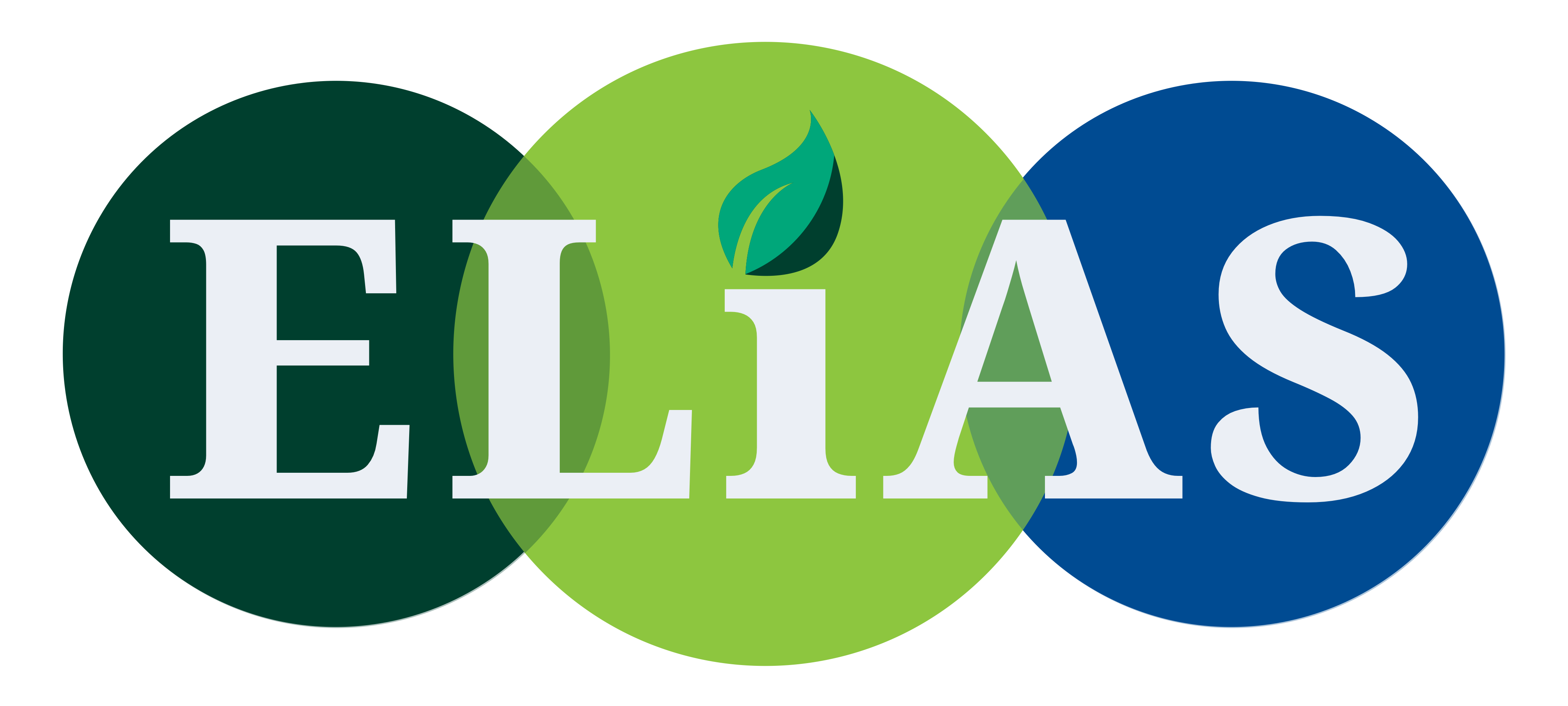Competition Updates
Competition Now Closed — Winners Announced!
In the frame of ELIAS, the Atmospheric Machine Learning Emulation Challenge (AMLEC) has concluded with outstanding contributions from the AI and climate science communities. Organised by the University of Valencia’s Image and Signal Processing Group, AMLEC invited participants worldwide to develop machine learning–based emulators for Radiative Transfer Models (RTMs) — a cornerstone of Earth observation and climate research.
🥇 1st place – Dr Jasdeep Singh (Khalifa University), with a final score of 1.525. His award includes sponsored participation at ECML PKDD 2025 in Porto.
🥈 2nd place – Hugo2, developed by Jorge Vicent Servera (University of Valencia).
🥉 3rd place – rpnn1, developed by Romain Poirier (Magellium, France).
The results demonstrate the potential of surrogate modelling and physics-informed AI to accelerate atmospheric modelling, improve climate simulations, and enable more efficient use of hyperspectral satellite data.
AMLEC was featured in a special session at ECML PKDD 2025 (Porto, 16 September 2025). The 1h 15min session provided:
-
An overview of atmospheric RTMs and emulation techniques.
-
Presentations by the top three participants, showcasing their approaches and results.
A peer-reviewed publication profiling the top models is also planned, further highlighting the challenge’s scientific impact.
Competition Details
About the Challenge
Radiative Transfer Models are fundamental tools in Earth observation and climate research. However, their high computational demands often limit their application in real-time or large-scale scenarios — especially as the volume and complexity of hyperspectral satellite data continue to increase.
Common alternatives, such as look-up tables (LUTs), can reduce computational load but are memory-intensive and lack flexibility. Machine learning-based emulators offer a promising alternative by producing fast and accurate approximations of RTM outputs.
AMLEC aims to support the development of statistical models that emulate RTM behaviour, enabling faster atmospheric data processing, improved climate simulations, and enhanced remote sensing workflows. The challenge also addresses the difficulties posed by high-dimensional inputs and the complex physics embedded in RTMs.
Key Dates
- Challenge opens: 21 April 2025
- Submission deadline: 30 June 2025
Dataset & Resources
Participants will have access to:
-
Training and test datasets based on atmospheric RTMs
-
Evaluation metrics and submission guidelines
-
All materials are hosted on Hugging Face: RTM Emulation Dataset
All scripts will be made publicly available after the end of the challenge.
Expected Outcomes
-
A peer-reviewed publication summarising the challenge and profiling the top three performing models will be submitted to a remote sensing journal.
-
Results will also be presented at the ECML-PKDD conference, providing visibility within the research community.
-
Participants will gain valuable experience in atmospheric modelling and machine learning-based emulation techniques.
How to Participate
Participation is open and free.
To take part, simply create an account on HuggingFace.co, which will be used to submit your results.
🗓️ Deadline for submissions: 30 June 2025
🔗 Challenge Details and Dataset Access
Have Questions?
For further information or queries, please contact:
Jorge Vicent Servera
📧 jorge.vicent@uv.es
Partners and Support
- Key Partners & Supporters (e.g., Kaggle, NeurIPS, NASA/JPL, Bosch): platform is huggingface, ECML-PKDD conference
- Funding & Sponsorships : no funding opportunities of prize details are yet set up
Evaluation Criteria
-
How Entries Will Be Evaluated : all details about the results submissions and evaluation procedures are given https://huggingface.co/datasets/isp-uv-es/rtm_emulation
-
Judging Panel: evaluation follows a calculation and comparison of error metrics. No judging panel is foreseen at this stage.
FAQ
-
Most common questions regarding eligibility, participation, and competition logistics are addressed in the official challenge documentation available at https://huggingface.co/datasets/isp-uv-es/rtm_emulation.
